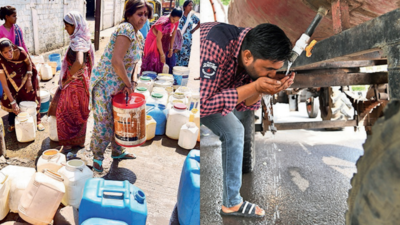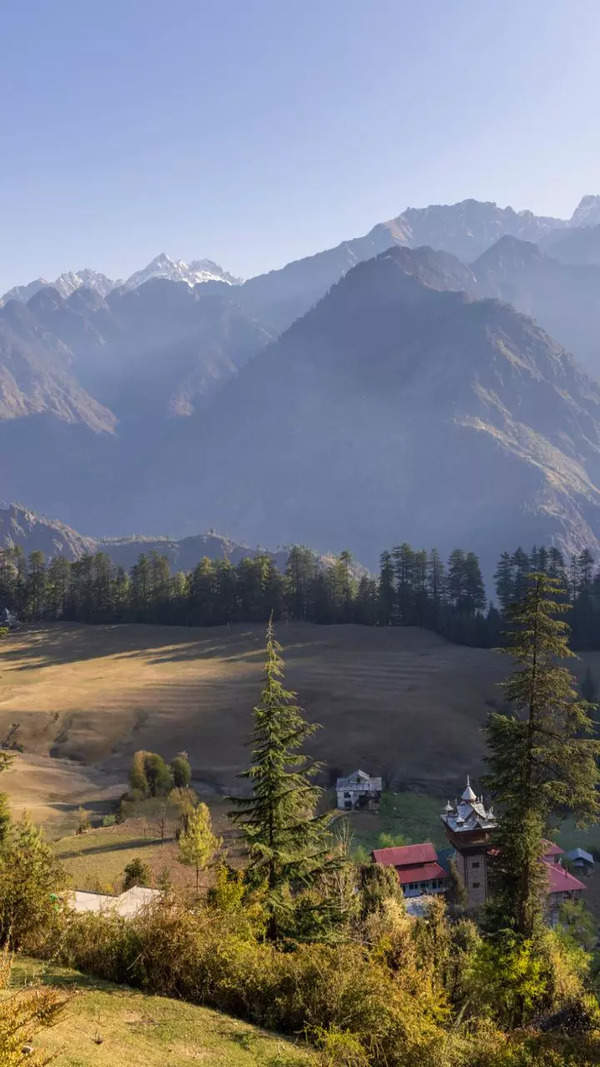- News
- City News
- bhopal News
- Groundwater depleting, Bhopal municipal corporation (BMC) taps tubewell option to keep supply on
Trending
Groundwater depleting, Bhopal municipal corporation (BMC) taps tubewell option to keep supply on
Bhopal Municipal Corporation is tackling groundwater depletion through a sustainability project under AMRUT 2.0, focusing on shallow aquifer management. Ten sites are being evaluated for tubewell recharge, primarily along Hoshangabad Road and the BHEL area. Water analysis reveals hard water quality and elevated nitrate levels in some areas, raising health concerns, prompting the implementation of recharge structures.
BHOPAL: Bhopal Municipal Corporation (BMC) has initiated a groundwater sustainability project based on specific locations across the state capital's urban regions. The Central Ground Water Board reports concerning trends in the water table depth, measured in metres below ground level (m bgl).

Time to save every drop
Under the AMRUT 2.0 scheme, authorities have begun work on managing shallow aquifers. Officials are evaluating tubewell recharge capabilities at 10 selected sites, with the majority situated along Hoshangabad Road and within the BHEL area, whilst one location is in Arif Nagar.
BMC chief engineer (water supply), Udit Garg, said that the corporation has sanctioned roughly 200 tubewells, which extract about 5 lakh litre of water daily. This volume constitutes approximately 1% of Bhopal's overall daily water distribution.
The Central Water Pollution Control Board (CWPCB) reports that certain regions have exceeded acceptable water quality parameters. In 2022, the Shallow Aquifer Management (SAM) pilot programme was launched across 10 cities. This project sought to educate city authorities and local residents about shallow aquifers' significance whilst showcasing effective recharge structures to address vital concerns such as declining groundwater levels, pollution and urban flooding.
End of Article
FOLLOW US ON SOCIAL MEDIA








